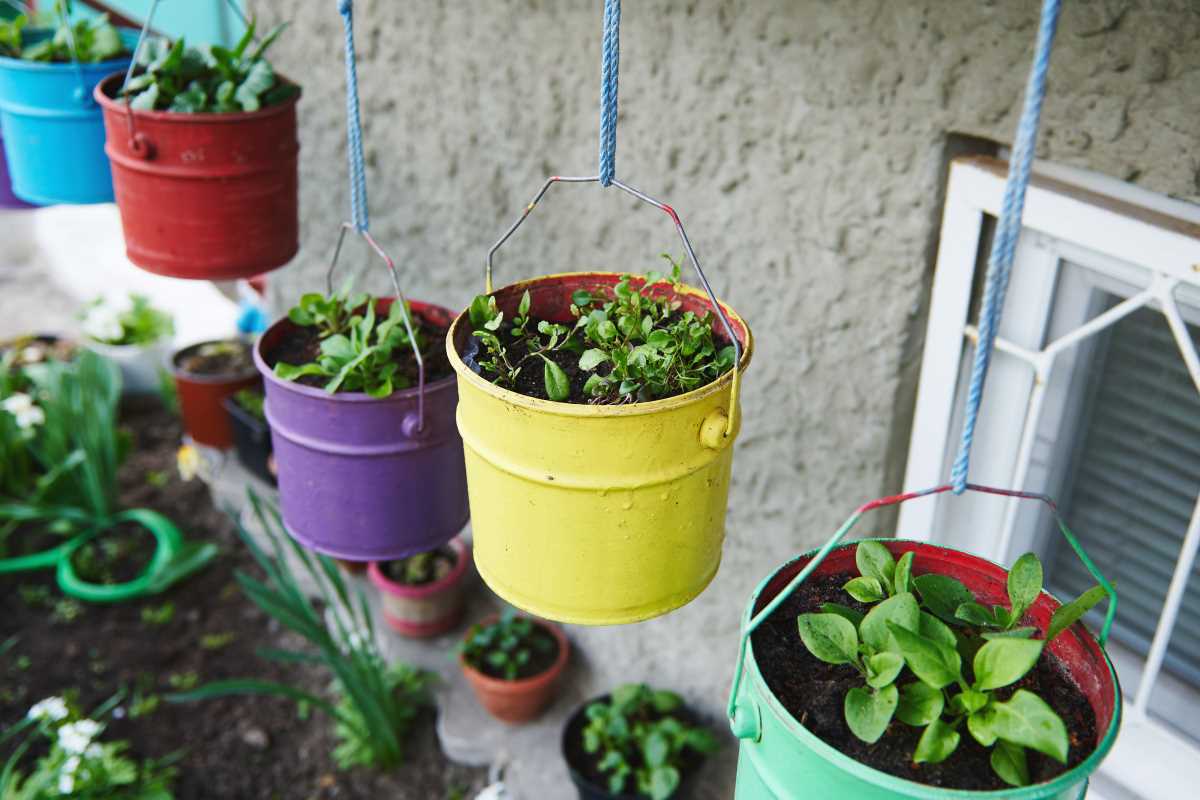In today's world, prioritizing children's mental health is crucial for their overall well-being and development. Implementing effective strategies to promote children's mental health can have a positive impact on their lives. Let's explore some key strategies that can support and nurture children's mental health.
Creating a Safe and Supportive Environment
Establishing a safe and supportive environment is essential for promoting children's mental health. This includes fostering a sense of belonging, providing emotional support, and encouraging open communication. Children thrive when they feel safe, heard, and valued in their environment. Studies have shown that children who feel supported are more likely to develop resilience and coping skills to navigate life's challenges.
Encouraging Physical Activity and Healthy Habits
Promoting physical activity and healthy habits is another important strategy for enhancing children's mental health. Regular exercise has been linked to improved mood, reduced stress, and increased self-esteem in children. Encouraging children to stay active, eat nutritious foods, and get an adequate amount of sleep can contribute to their overall well-being. Additionally, promoting a healthy lifestyle from a young age sets the foundation for lifelong habits that support mental health.
Teaching Emotional Regulation and Coping Skills
Educating children about emotional regulation and coping skills equips them with valuable tools to manage their emotions effectively. Teaching children how to identify and express their feelings, regulate stress, and problem-solve can help them navigate complex emotions and build resilience. By empowering children with emotional intelligence and coping strategies, we empower them to face challenges with confidence and adaptability.
Fostering Positive Relationships and Social Connections
Building positive relationships and social connections is crucial for children's mental health. Strong connections with family members, peers, teachers, and other supportive individuals play a significant role in children's emotional well-being. Encouraging social interactions, fostering empathy, and teaching communication skills can enhance children's social competence and sense of belonging. Research shows that children who have strong social connections are more likely to experience positive mental health outcomes.
Promoting Mindfulness and Self-Care Practices
Introducing mindfulness and self-care practices to children can help them develop self-awareness, self-regulation, and stress management skills. Mindfulness techniques, such as deep breathing exercises, meditation, and mindful movement, can help children stay present and reduce anxiety. Teaching children the importance of self-care, such as setting boundaries, practicing relaxation techniques, and engaging in activities they enjoy, promotes healthy habits that support their mental health.
Collaborating with Families and Communities
Collaborating with families and communities is essential for promoting children's mental health holistically. Engaging parents, caregivers, educators, mental health professionals, and community members in supporting children's well-being creates a network of resources and support. By working together, stakeholders can identify challenges, share resources, and implement strategies that promote children's mental health both at home and in the community. Building strong partnerships ensures that children receive comprehensive and coordinated support for their mental health needs.
(Image via Adobe)







